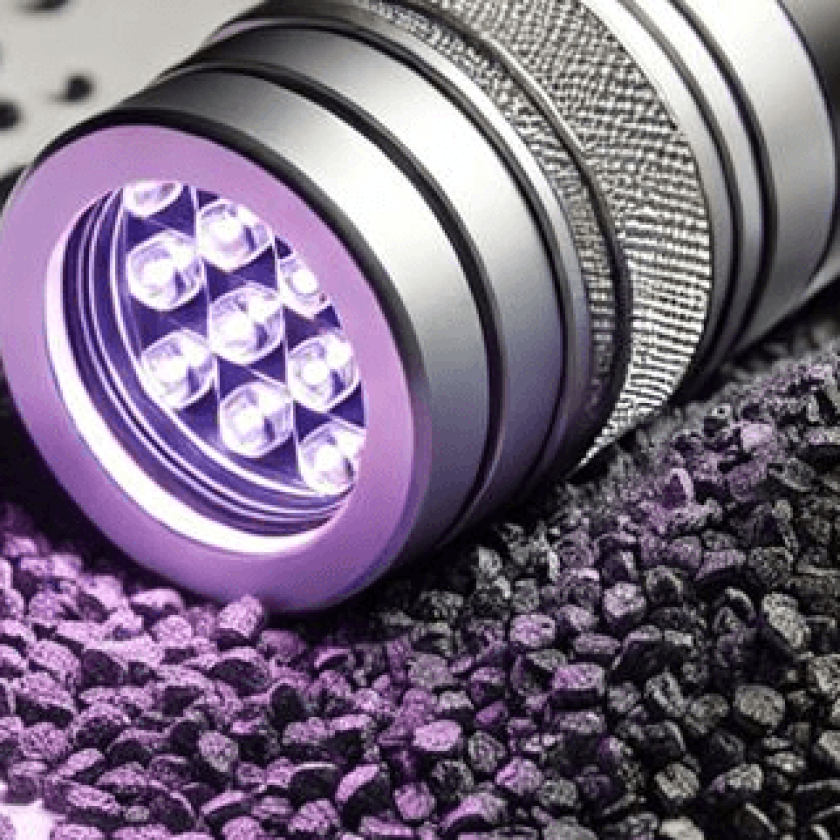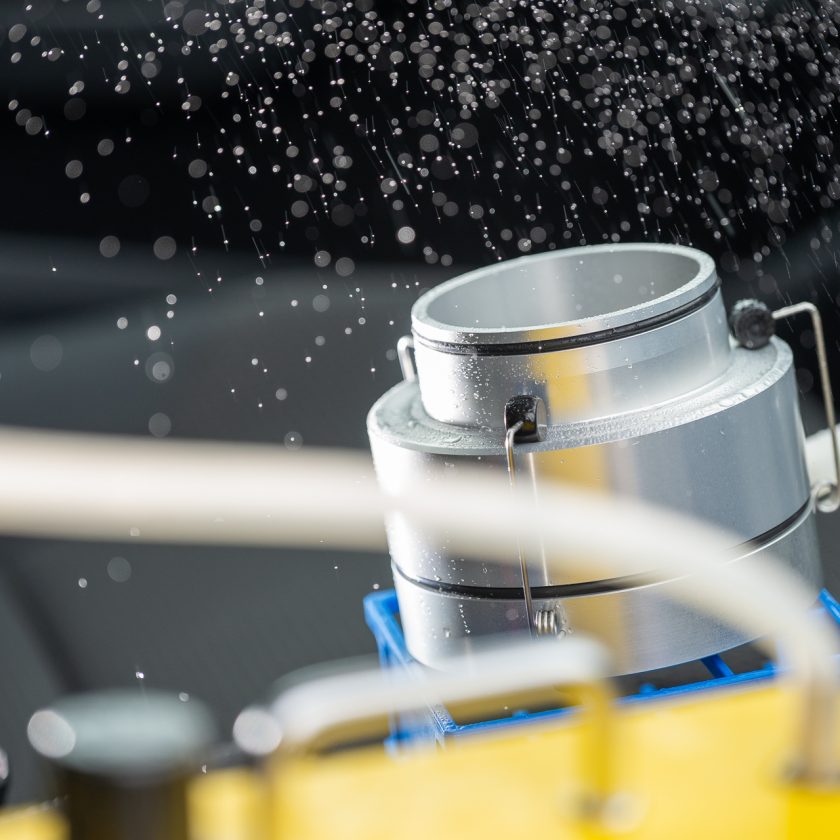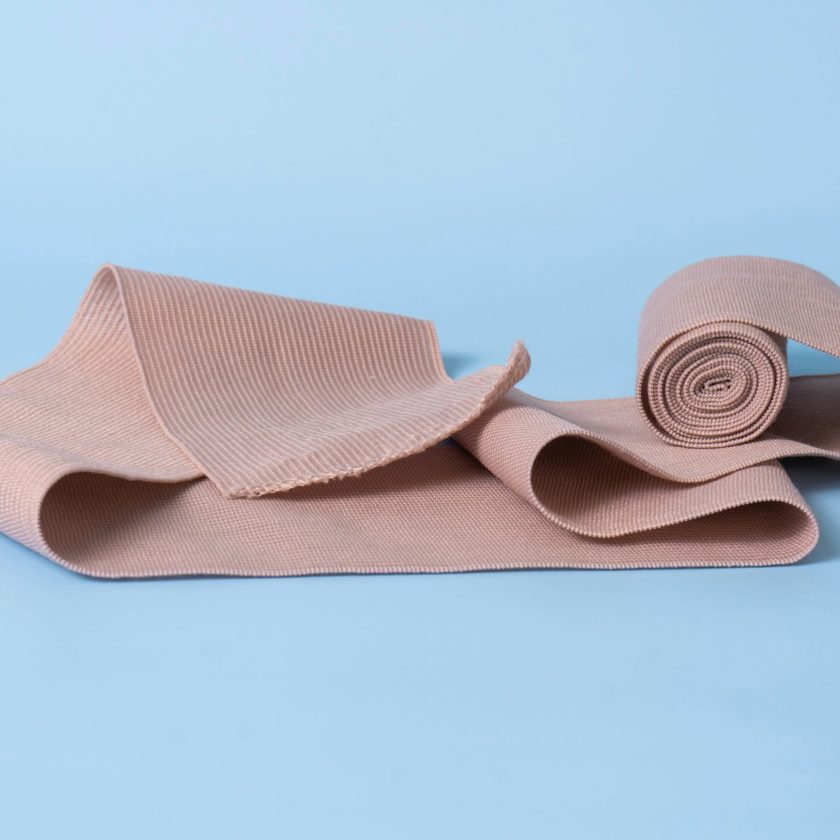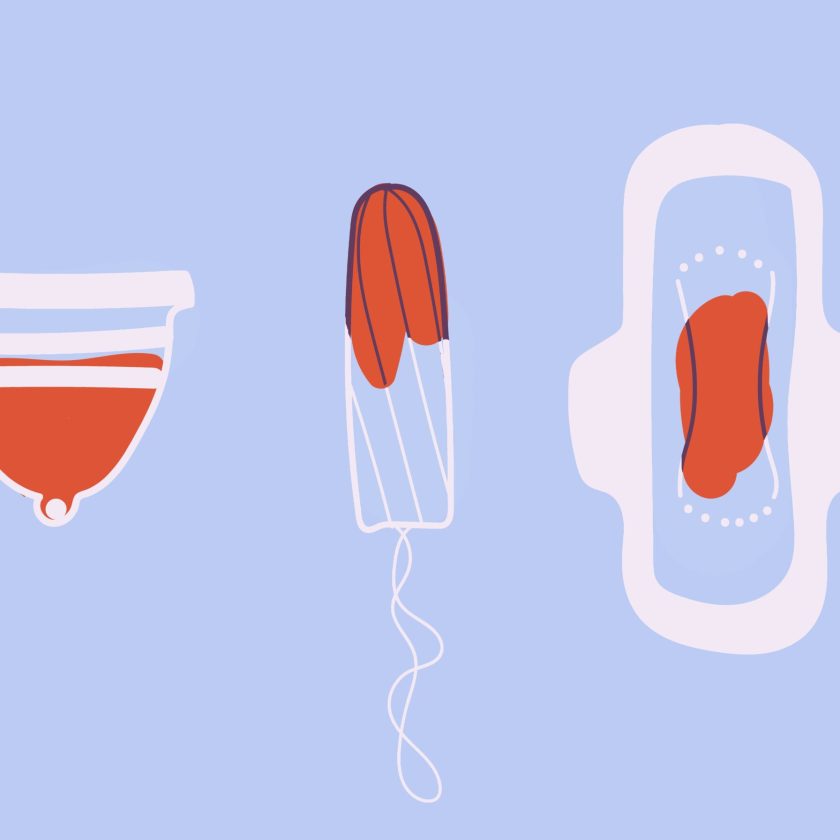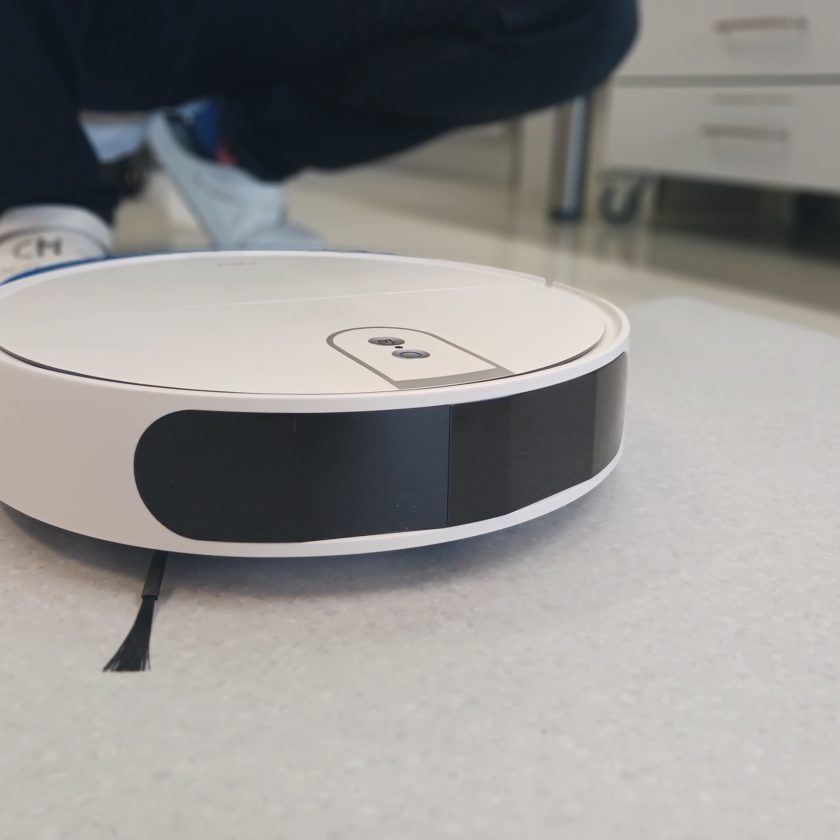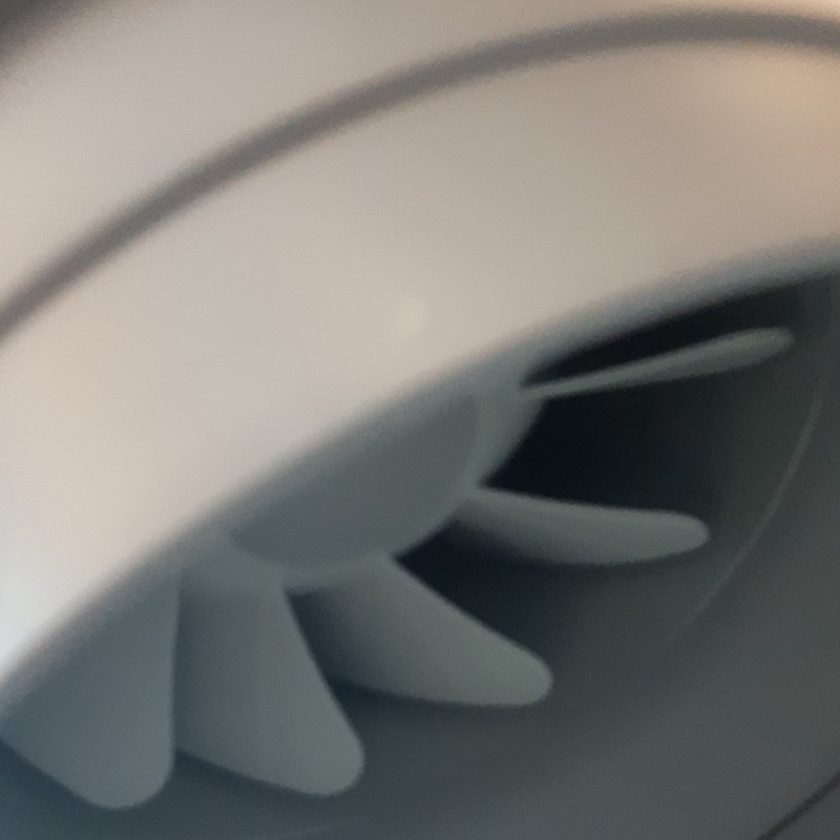Real-Life Testing
As a rule, filter systems are usually tested with precisely defined mineral test dusts. However, it is difficult to draw direct conclusions about the reduction of allergens and germs from the separation efficiencies determined for certain particle sizes. At OFI we have the possibility to work with allergens, bacteria or viruses in addition to conventional test dusts. Using airborne biological particles and surfaces-based tests as well as the option of combining different mechanisms, OFI creates particularly realistic test conditions that can also be used to analyze alternative disinfection strategies.
Depending on the requirements, we develop individual test designs at OFI in order to characterize products extensively and under conditions that are as real as possible. For example, we can analyze the effectiveness of filter systems directly in vehicle cabins.
Certification confirms quality
To clearly demonstrate the quality of a product, certification can be requested from OFI CERT, the in-house certification body.
- Certification according to ZG 210: Quality testing of automotive cabin air filters suitable for allergy sufferers.
- Certification according to ZG 250: Air hygiene test of filters in passenger compartments of vehicles with regard to reducing the risk of transmission of infectious agents.
If a product meets the defined quality requirements, it not only receives a certificate, but is also entitled to carry the OFI Certification Label. This shows the product quality recognizable at a glance.
Comprehensive know-how through research & development
As a member of the research network ACR (Austrian Cooperative Research), OFI conducts applied research together with industry partners. As a result, SMEs can also benefit from current knowledge and use it directly for the implementation of new ideas and product developments.
Currently, the OFI is engaged in research on the following topics, among others:
- Functionality of filter media for minimizing or inactivating particulate contaminants in the air
- Further development of methods for determining filter efficiency
- Efficiency of alternative decontamination strategies such as UV-disinfection of airborne germs

